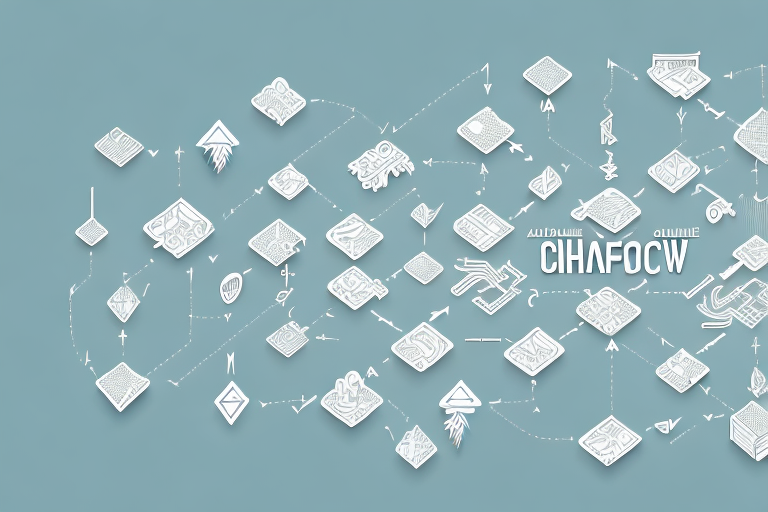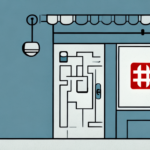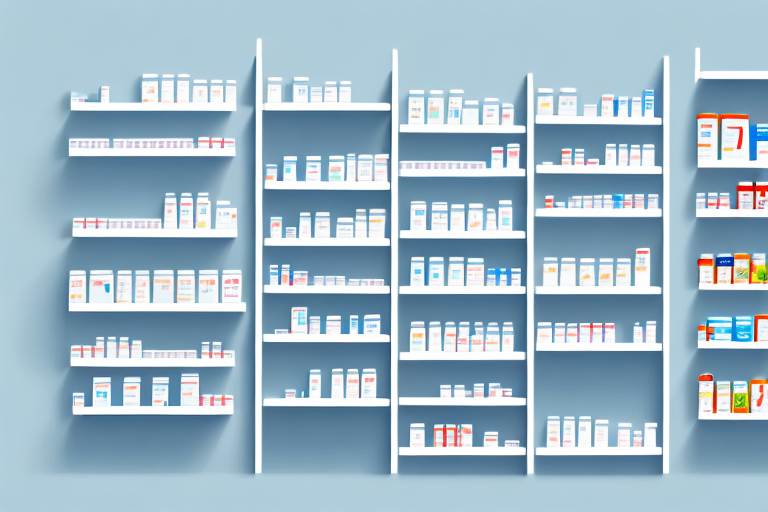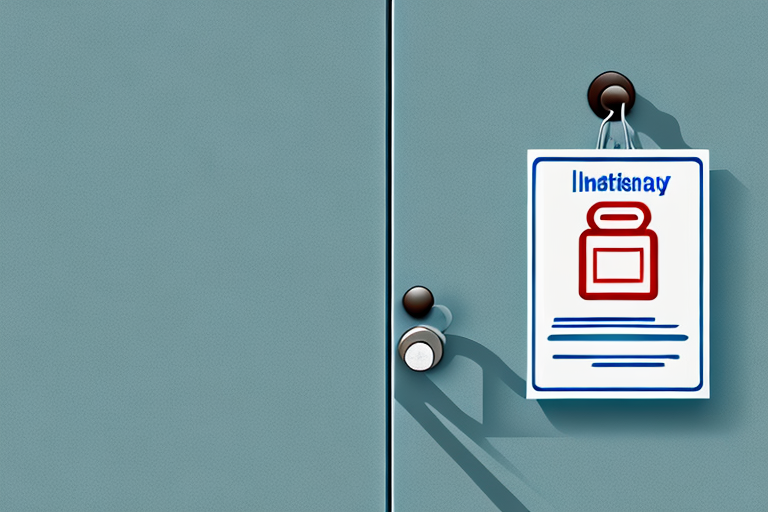Introduction to Closed Door Pharmacies
Closed door pharmacies are specialized pharmacies that cater exclusively to a select group of patients. Unlike traditional pharmacies open to the public, closed door pharmacies operate on an appointment-only basis and serve specific institutions such as hospitals, nursing facilities, and hospices. This article explores the benefits, services, regulations, and other key aspects of closed door pharmacies.
Benefits of Using a Closed Door Pharmacy
Enhanced Privacy and Personalized Care
Closed door pharmacies offer increased privacy for patients, ensuring that medications are dispensed confidentially. They provide personalized medication management services tailored to individual needs, including dosage adjustments, medication substitutions, and refill reminders. This personalized approach can lead to better health outcomes and an improved quality of life.
Wide Range of Medications
These pharmacies often stock a broader variety of medications compared to traditional pharmacies. Specializing in complex medical conditions or rare diseases, closed door pharmacies can supply medications that may be difficult to find elsewhere, benefiting patients with specific or uncommon health requirements.
Convenient Delivery Options
Many closed door pharmacies offer home delivery services, which are particularly beneficial for patients with mobility issues or those living in remote areas. This service saves time and reduces the need for patients to travel to a pharmacy, enhancing overall convenience.
Comparing Closed Door Pharmacies with Traditional Pharmacies
Access and Availability
Closed door pharmacies serve a select group of patients and do not accommodate walk-in customers. Operating on an appointment-only basis, they ensure that only authorized individuals receive medications, providing greater control over medication access.
Range of Services
While traditional pharmacies offer a wide range of services including over-the-counter medications and basic medical supplies, closed door pharmacies specialize in providing medications for complex conditions such as cancer, HIV/AIDS, and offering specialized compounding services to customize medications for individual patients.
Security Measures
Closed door pharmacies implement stringent security measures to protect patient information and prevent medication theft. This includes secure storage areas, strict access controls for staff, and advanced security systems, contrasting with the more relaxed security typically found in traditional pharmacies.
Services and Medications Offered
Specialized Medication Management
Closed door pharmacies provide comprehensive medication management services, including medication reviews, dose adjustments, and drug interaction screenings. These services ensure that patients receive the most effective and appropriate medications for their conditions.
Compounding Services
These pharmacies offer compounding services, allowing the preparation of customized medications tailored to the unique needs of individual patients. This is especially important for patients requiring specific dosages or forms of medication not commercially available.
Wide Variety of Medications
Closed door pharmacies stock medications for chronic conditions such as cancer, HIV, multiple sclerosis, pain management, and palliative care. This extensive inventory ensures that patients have access to the necessary treatments for their specific health issues.
Privacy, Security, and Technology
Maintaining Confidentiality
Privacy is paramount in closed door pharmacies. They adhere to strict confidentiality regulations, maintaining secure records to protect patients' personal health information. By not having public storefronts and avoiding public advertising, these pharmacies ensure discretion for their patients.
Advanced Communication Systems
Closed door pharmacies utilize secure communication channels to interact with healthcare providers and insurance companies, safeguarding patients' personal information from unauthorized access.
Role of Technology
Technology plays a crucial role in the operations of closed door pharmacies. From electronic medical records to advanced medication delivery systems, technology ensures efficient and effective patient care. Additionally, remote monitoring and telehealth services connect patients with healthcare providers and pharmacists from their homes, enhancing accessibility and convenience.
Regulations and Compliance
Licensure and Record Keeping
Operating a closed door pharmacy requires compliance with state-specific regulations, including licensure, record keeping, and security measures. These pharmacies must also adhere to federal regulations such as the Health Insurance Portability and Accountability Act (HIPAA) and the Drug Enforcement Administration's (DEA) regulations on controlled substances.
Staff Qualifications
Closed door pharmacies maintain a highly qualified staff to ensure the delivery of specialized care. Staff members are often required to have advanced certifications and training to manage complex medication needs effectively.
Becoming a Patient at a Closed Door Pharmacy
Referral Process
Becoming a patient typically requires a referral from a healthcare provider. After a referral, patients complete an intake process involving the submission of medical history and medication information. The pharmacy then collaborates with healthcare providers to develop a personalized medication management plan.
Transferring Prescriptions
To transfer prescriptions, patients must contact their healthcare provider to request the transfer. The healthcare provider coordinates with the closed door pharmacy to complete the transfer, ensuring continuity of care and medication coverage through insurance providers.
Cost Savings and Financial Considerations
Insurance Collaboration
Closed door pharmacies often work closely with insurance providers to make medications affordable for patients. By ensuring proper coverage and access to necessary medications, these pharmacies help reduce out-of-pocket costs for patients.
Reducing Overall Healthcare Costs
Personalized medication management can lead to better health outcomes and fewer hospitalizations, thereby reducing the overall cost of care. Efficient medication management helps prevent complications and adverse drug interactions, promoting cost-effective healthcare.
Common Misconceptions and Choosing the Right Pharmacy
Accessibility
A common misconception is that closed door pharmacies are difficult to access or available only to certain individuals. In reality, these pharmacies provide direct contact with pharmacists and personalized care, often making them more accessible for patients with specific needs.
Choosing Between Open and Closed Door Pharmacies
Deciding between an open and closed door pharmacy depends on individual needs and preferences. Patients requiring specialized medications or personalized management may benefit more from a closed door pharmacy, while those needing general over-the-counter medications might prefer a traditional pharmacy.
Success Stories and Conclusion
Patient Experiences
Patients using closed door pharmacies have reported enhanced privacy, improved medication management, and better health outcomes. The personalized care provided by these pharmacies empowers patients and gives them greater control over their healthcare.
Final Thoughts
Closed door pharmacies offer a range of benefits, including increased privacy, personalized care, cost savings, and access to specialized medications. For individuals with complex healthcare needs, these pharmacies are a valuable resource. To explore the benefits further or consider using a closed door pharmacy, consult with your healthcare provider and review available resources in your area.




















